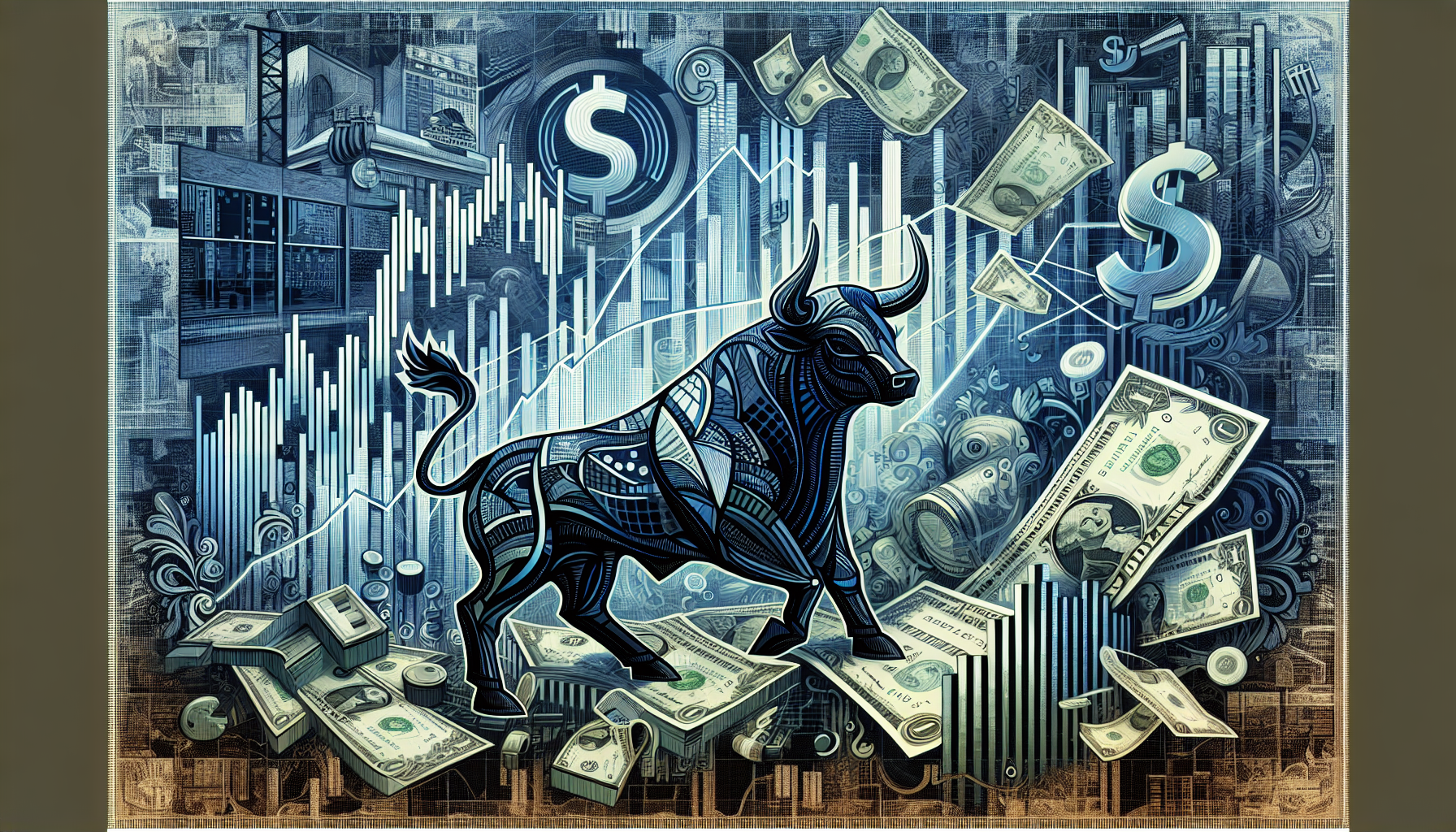
tl;dr
Martin Mizrahi, CEO of a Las Vegas internet service provider, has been convicted of wire fraud, money laundering, and identity theft, facing a potential 127-year prison term. His case highlights the harsh realities of crypto crimes and comes amidst a global crackdown on similar illicit activities. M...
Martin Mizrahi, CEO of a Las Vegas internet service provider, has been convicted of wire fraud, money laundering, and identity theft, facing a potential 127-year prison term. His case highlights the harsh realities of crypto crimes and comes amidst a global crackdown on similar illicit activities. Mizrahi's operation used Bitcoin to launder over $4 million, including funds from a New York nonprofit and a Mexican cartel. International efforts to combat cryptocurrency fraud are intensifying, with cases in India and involving OneCoin. Despite concerns, traditional cash transactions remain the preferred method for money laundering by criminal organizations.
Martin Mizrahi, CEO of a Las Vegas internet service provider, faces a potential 127-year prison term. Convicted on charges of wire fraud, money laundering, and identity theft, his case underscores the harsh realities of engaging in crypto crimes. As Mizrahi’s downfall captivates, a global crackdown on similar illicit activities is gaining momentum.
Sponsored
Sponsored
Martind Mizrahi, 53, led a sophisticated scam operation wherein he used Bitcoin for laundering over $4 million, including funds from a New York nonprofit and a Mexican cartel. He executed a credit card fraud scheme, running nearly $8 million in fraudulent charges through his company. Mizrahi's operation involved email phishing tactics to defraud banks and credit card companies, exploiting the anonymity of cryptocurrency. Despite the widespread scrutiny of cryptocurrencies, traditional cash transactions remain criminals' preferred method for money laundering due to their anonymity and stability compared to traceable blockchain transactions. The US Treasury Department highlights the common usage of US currency for money laundering due to its wide acceptance and stability.
Sponsored
Sponsored
Disclaimer: The opinions expressed by the writers at Grow My Bag are their own and do not reflect the official stance of Grow My Bag. The content provided on our site is not intended as investment advice, and Grow My Bag is not an investment advisor. We do not endorse buying or selling any cryptocurrencies or digital assets mentioned in our articles. High-risk investments in Bitcoin, cryptocurrencies, and digital assets require thorough due diligence, and all transfers and trades made are at your own risk. Grow My Bag is not responsible for any potential losses and participates in affiliate marketing.